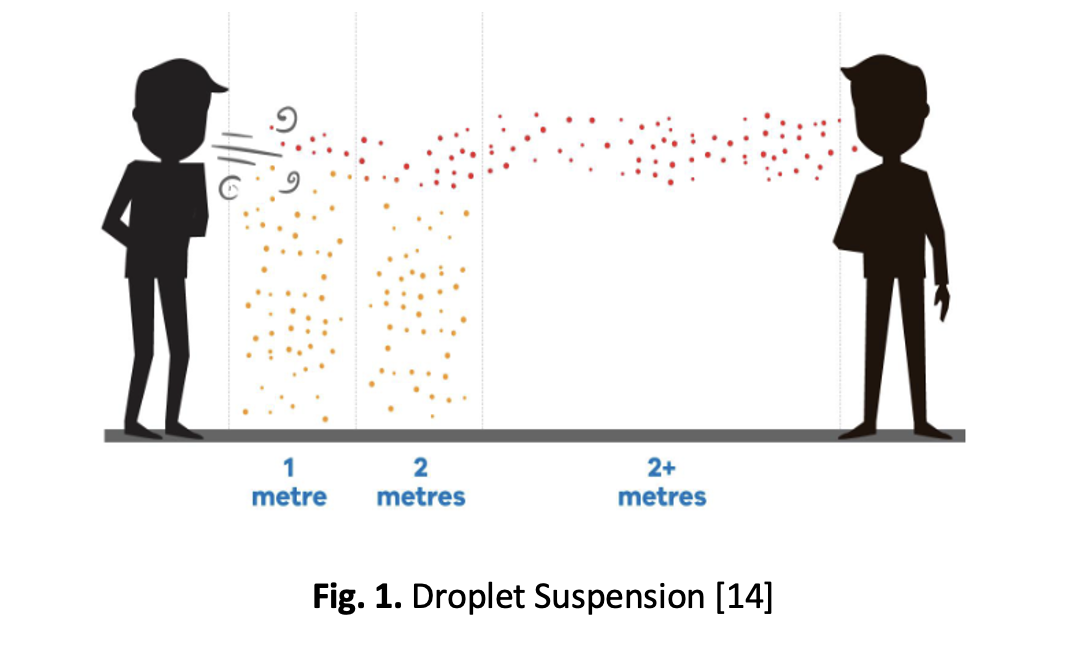The Role of HVAC Filters In Reducing Airborne Disease Transmission: A Review
DOI:
https://doi.org/10.37934/araset.29.1.198206Keywords:
HVAC Filter, Ventilation, Airborne DiseaseAbstract
Since 2019, the Coronavirus infection has substantially impacted the worldwide ecosystem. This disease has apparently become airborne and has spread globally. Most daily activities have been curtailed to prevent the spread of the disease. Several measures have been devised by the World Health Organization to control the transmission of disease among humans. However, interior spaces are also crucial because individuals spend most of their time inside. To improve the interior living environment, it is necessary to develop a way to prevent the spread of airborne diseases. To obtain the desired level of efficiency and the requisite level of health for people to stay indoors, it is essential to install an efficient ventilation system. To avoid the transmission of airborne infections in confined areas, the purpose of this work is to examine the impact of the filtering mechanism in a controlled environment provided by Heating, Ventilation, and Air Conditioning (HVAC) systems. According to the study, ventilation, along with MERV13 or above recirculating filters, for instance, must be used (High-Efficiency Particulate Air) This criterion can be met with HEPA or a combination of outside air, filtration, and air-cleaning technology. To reduce the transmission of airborne diseases, the outcome of the study will result in a more effective installation of the mechanism of HVAC systems in interior environments.
Downloads





























